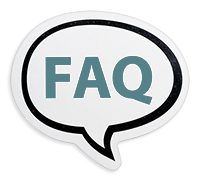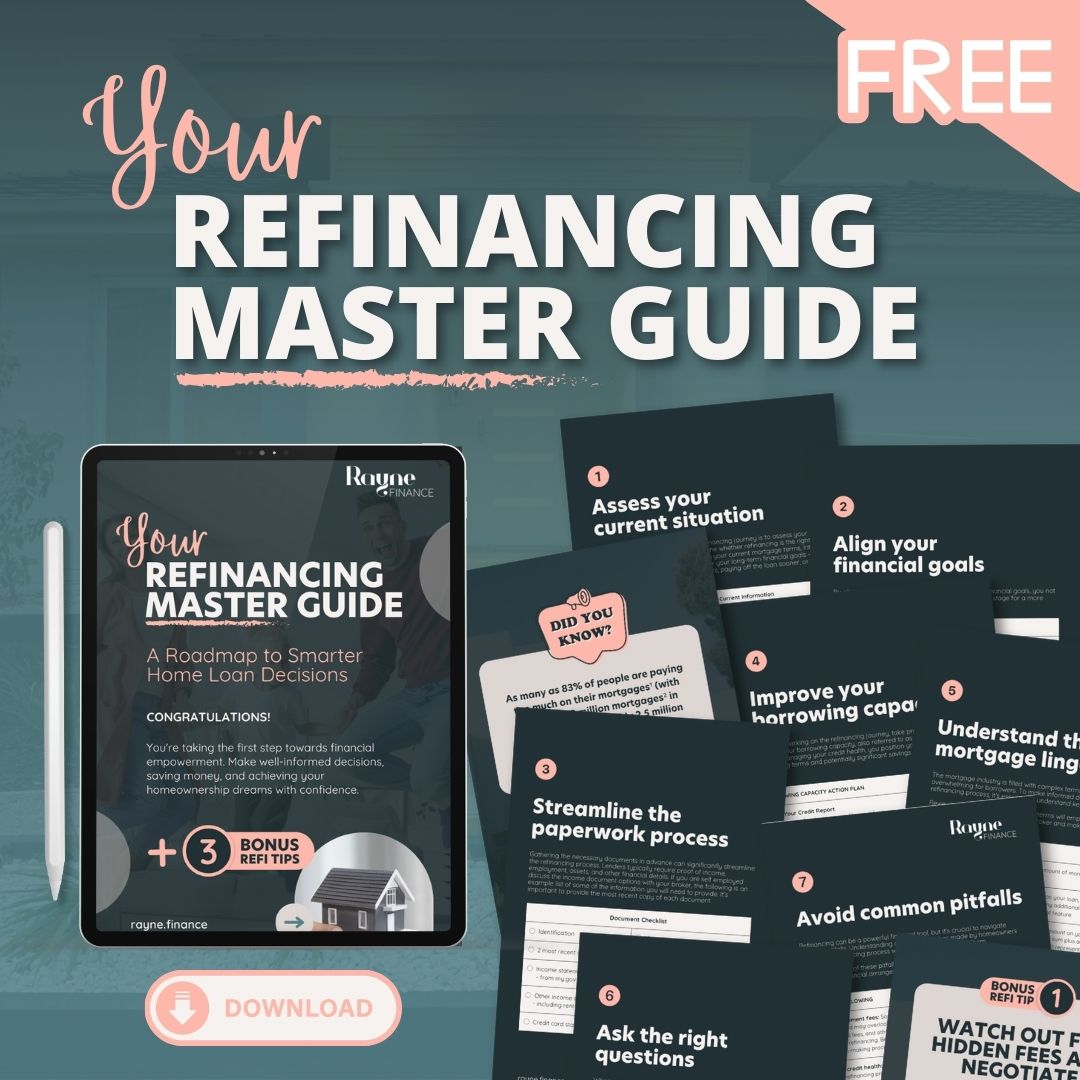When it comes to owning a home, one of the big decisions you’ll face is whether to build a new home or buy an established one.
Each option has its own set of pros and cons, and the best choice depends on your personal situation, financial goals, and lifestyle.
Let’s break down the key factors, from stamp duty differences to timing, cost, lifestyle, and the reality of paying rent while building.
BUILDING A NEW HOME | PROS:
Personalised Design: Building new means you get to create a home that’s truly yours, from the layout to the finishes. It’s a chance to design a space that fits your lifestyle perfectly.
Modern Living: New homes come with the latest features and energy-efficient technologies, which can mean lower utility bills and a more comfortable living environment.
Move-in Ready: There’s no need for immediate renovations or repairs when you build new, saving you time and hassle.
Government Incentives: As a first home buyer in Australia, you might be eligible for grants and incentives, like the First Home Owner Grant (FHOG), which can help with the cost of building.
Stamp Duty Savings: One of the standout benefits of building a new home is the potential to save on stamp duty. You’ll only pay stamp duty on the land, not the total house and land package, which can make a big difference to your budget.
BUILDING A NEW HOME | CONS:
Longer Wait: Building a home isn’t quick – it can take several months or even longer, depending on your build. If you’re in a hurry to move, this might be a deal-breaker.
Paying Rent While You Build: While your new home is under construction, you’ll still need somewhere to live, which might mean paying rent or servicing a mortgage at the same time. This can stretch your finances.
Additional Costs: The costs of building can add up. On top of the construction itself, there are things like landscaping, fencing, and getting essential services connected that you’ll need to budget for.
Liaising with Builders: It’s important to consider the risks involved when dealing with builders. Finding the right builder is crucial, as the quality of your home depends heavily on their expertise and reliability. There have been instances where homeowners have faced issues with substandard workmanship or unexpected delays, which can be both frustrating and costly. Ensuring your builder is financially strong, has a solid reputation, transparent communication, and a track record of delivering quality work on time is essential. This usually means that the cheapest builder is not the best.
Cost: Construction costs have risen significantly, especially since the COVID-19 pandemic. This increase is due to a variety of factors, including supply chain disruptions, higher material costs, and labour shortages. These factors not only impact the overall cost but can also affect the timeline of your build, making it even more important to have a clear contract and contingency plans in place.
Location Choices: New builds are often in developing areas or estates, which might mean a longer commute or distance from established amenities like schools and shops.
BUYING AN ESTABLISHED HOME | PROS:
Ready to Move In: One of the biggest advantages of buying an established home is that you can move in almost straight away, which is great if you need a new place quickly.
Established Neighbourhoods: Older homes are usually in areas with mature infrastructure, meaning you’re likely to be closer to schools, shops, and public transport.
Potential to Add Value: Buying an established home gives you the opportunity to renovate or update the property over time, potentially adding value to your investment.
No Overlapping Costs: When you buy an established home, you won’t have the financial pressure of paying rent while waiting for your home to be built.
BUYING AN ESTABLISHED HOME | CONS:
Higher Stamp Duty: When buying an established home, you’ll pay stamp duty on the full purchase price, which can be a significant cost, especially in higher-value areas.
Upfront Renovations: Established homes might need repairs or renovations sooner than you’d like, adding to the overall cost and workload.
Less Flexibility: With an established home, you’re limited by the existing layout and design, unless you’re up for a renovation project.
Older Infrastructure: Established homes may not be as energy-efficient as new builds, which could mean higher running costs and a less sustainable living environment.
COST CONSIDERATIONS:
Stamp Duty: Building a new home generally offers lower stamp duty costs since it’s only applied to the land. In contrast, buying an established home means paying stamp duty on the entire purchase price.
Ongoing Costs: New homes are likely to have lower maintenance and running costs, thanks to modern construction and energy-efficient features, while older homes might require more upkeep.
Financing: Building a home might require a construction loan, which can have different terms compared to a standard mortgage for an established property.
LIFESTYLE AND TIMING CONSIDERATIONS:
Lifestyle: Think about what’s important to you. If you value living in a community with established amenities, buying an existing home could be the way to go. But if you want a modern space that’s built just for you, building new might be the better option.
Timing: If you’re in a rush to move, buying an established home is the faster option. However, if you have the time to wait, building a new home could be worth it for the customisation and modern features.
CONCLUSION
Choosing between building a new home and buying an established one is a big decision, and it’s all about what works best for you. Building new offers the chance to create a home that’s tailored to your needs, with potential stamp duty savings and the latest features. But it also comes with the challenge of waiting for construction to finish and possibly paying rent in the meantime. Buying an established home offers immediate occupancy and the benefits of living in a well-established neighbourhood, though it may come with higher stamp duty and potential renovation costs.
At Rayne Finance, we’re here to help you weigh up these options and find the right solution for your situation. Whether you’re leaning towards building or buying, we can guide you through the finance process and help you make your homeownership dreams a reality.
Licensing statement: Rayne Finance ABN [70 605 100 838] is authorised under LMG Broker Services Pty Ltd Australian Credit Licence 517192. Disclaimer: (1) As with any financial scenario there are risks involved. This information provides an overview or summary only and it should not be considered a comprehensive analysis. You should, before acting in reliance upon this information, seek independent professional lending or taxation advice as appropriate and specific to your objectives, financial circumstances or needs. This publication is provided on the terms and understanding that: (2) LMG Broker Services Pty Ltd, Rayne Finance (Seed Lending Pty Ltd) and the authors, consultants and editors are not responsible for the results of any actions taken on the basis of information in this publication, nor for any error in or omission from this publication. (3) LMG Broker Services Pty Ltd, Rayne Finance (Seed Lending Pty Ltd) and the authors, consultants and editors, expressly disclaim all and any liability and responsibility to the maximum extent permitted by the law to any person, whether a purchaser or reader of this publication or not, in respect of anything, and of the consequences of anything, done or omitted to be done by any such person in reliance, whether wholly or partially, upon the whole or any part of the contents of this publication.
Explore other FAQs and Facts
What the federal budget means for buying property
The 2025 federal budget introduces key measures affecting home buyers, including an expanded Help to Buy scheme, increased infrastructure investment, and incentives to grow the construction workforce. Foreign investors face new restrictions, and funding for prefabricated homes aims to accelerate supply. These changes could significantly reshape Australia’s property market.
Own your debt before it owns you
Here’s the hard truth: If you’re not in control of your debt, it’s controlling YOU.
Debt doesn’t just sit quietly in the background. It piles up, creeps into your financial freedom, and slowly starts calling the shots. It’s time to flip the script.
Find out how taking control of your debt can restore your financial freedom and bring peace of mind.
Rental growth slows as affordability is stretched
Rental growth slowed in 2024, despite the national median rent rising 4.8% for the year. Affordability pressures led renters to form larger households, easing demand. Meanwhile, increased investor activity added supply, lifting vacancy rates slightly to 1.9%. Still, with rents rising and vacancies low, many investors remain in a strong position.
Is the property downturn already over?
Australia’s property market rebounded swiftly in early 2025, reversing December’s brief price decline. Growing expectations of interest rate cuts have boosted confidence, while constrained housing supply continues to drive long-term price growth. With construction delays and undersupply persisting, the market’s dynamics are shifting toward sustained appreciation, rather than traditional boom-and-bust cycles.
Rates are on the move.
Are you getting the best deal on your mortgage?
The Reserve Bank of Australia’s recent cash rate cut presents an opportunity for homeowners to reassess their mortgage. With rates heading downward, it’s the perfect time to refinance, consolidate debt, or increase repayments to pay off your loan sooner. Take control of your financial future and explore your options now.
How to buy a property when you’re self-employed
Securing a home loan when you’re self-employed can be challenging, as lenders often view your income as less predictable and your financial position more complex. Strengthening your finances with stability and transparency can improve your chances. This article shares practical tips to help you secure better loan options, lower rates, and more lender interest.
The pros and cons of paying for LMI
(lenders mortgage insurance)
Lenders mortgage insurance (LMI) often gets a bad rap, but it can open doors for borrowers with smaller deposits. While LMI adds costs, it enables buyers to enter the property market sooner, potentially avoiding years of savings and rising property prices. Understanding LMI’s role is key to making informed decisions.
How to prepare for buying an investment property
Thinking about buying an investment property in 2025? The key to success starts with making yourself as creditworthy as possible. From increasing savings to understanding loan options and deposit requirements, there’s a lot to consider. Here’s how to set yourself up for a strong start.
2025 Money Moves:
Tips for Homeowners, Buyers, and Business Owners
The new year presents an ideal opportunity to reassess your finances. Whether you’re planning to buy property, managing a home loan, or running a business, there are key actions you can take to improve your financial situation. From enhancing your credit score to exploring refinancing options, small changes can make a big impact.
How the property market looks as we head into 2025
Australia’s property market is shifting, with a clear divide between strong and weak performers. While Brisbane, Perth, and Adelaide see robust growth, Sydney, Melbourne, Canberra, and Hobart face slower gains. As interest rate cuts loom in 2025, understanding regional trends will be essential for buyers and investors alike.














